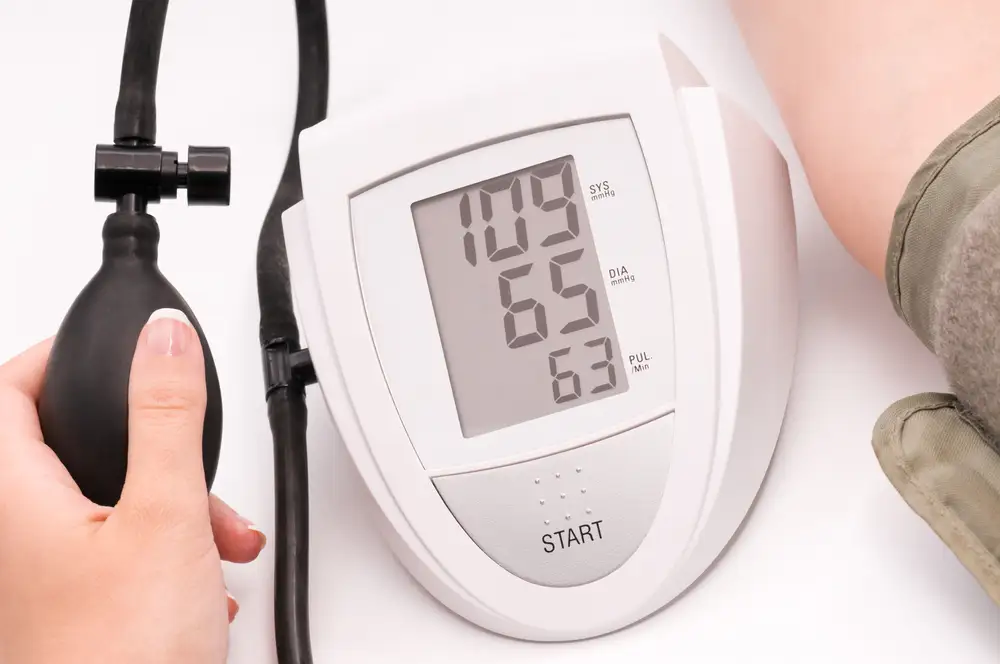Dogs have been our loyal companions for thousands of years, following us through tribal wars, ice ages, and countless natural disasters. They’ve been our hunting companions, protectors, and best friends, and are arguably the greatest domesticated animal on earth (quiet down, cats).
Dogs can reduce our stress, combat our loneliness, and provide us with a sense of purpose, so it’s no surprise that their countless skills are being put to use in an official capacity, as mental health assistance dogs.
What is a mental health assistance dog, exactly? And how might you go about getting one?
What Is A Mental Health Assistance Dog?
Mental health assistance dogs (also known as therapy dogs, minddogs, mental health dogs, psychiatric assistance dogs, and emotional support animals) help people suffering from mental health disorders such as anxiety, depression, bipolar disorder, PTSD, and schizophrenia.
Anyone who has raised a puppy will recognise the sheer adoration that it quickly develops for us, creating a beautiful bond that provides countless mental health benefits. It’s lovely to be loved, after all! This connection between dog and human provides the groundwork for a mental health assistance dog, who after extensive obedience training, is able to improve the life of somebody suffering from a mental health disorder.
Mental health assistance dogs provide relief for their owners in the following ways:
Their Presence Is Calming
People with mental health disorders can find public situations stressful. Common examples include riding the bus or train, going to the local supermarket, or even visiting a local museum. With a minddog as a companion, the trips can be much less stressful, which makes them manageable rather than overwhelming.
The calming effect that we get from dogs comes from the love that we feel for them, which releases the “love hormone” oxytocin. This chemical helps to calm us down, and may also increase our threshold for pain. The effect is increased when we cuddle our furry friends (although you might want to refrain from cuddling them on a busy train).
They Are Trained To Interrupt Undesirable Behaviour
Dogs are well-attuned to our moods and behaviours, and can be trained to interrupt undesirable behaviour such as self-harming, crying, and rocking, diverting their owners from an abyss of sorrow. When an owner starts to show such a behaviour, they’ll paw at them, and wedge their snuffling wet noses into any gaps they can find, distracting the owner from their anguish, and bringing them back to the light.
Body Contact
Dog owners know how nice it feels to pet and cuddle your pooch. Oxytocin is released, which calms us down and puts us on a more positive track.
Deep Pressure Stimulation
Deep Pressure Therapy (DPT) is a form of therapy that uses firm hugs, squeezing, stroking, or swaddling to reduce stress levels. By training a mental health assistance dog to lay on top of you, they become temporary DPT therapists who help to improve your mood.
They Become Our Friends
Both humans and dogs are highly social animals, evolving in tribes and packs. Social interaction and positive relationships are critical for our mental health, and for a person suffering from a mental disorder, forging relationships can be tough. Thankfully, dogs are wonderful enough to accept us for who we are, and can quickly become one of our best friends.
How Can I Get A Mental Health Assistance Dog In Australia?
MindDog is a charity that helps people to obtain, train, and certify psychiatric assistance dogs for Australians. They’ve blessed almost 1,500 people with mental health dogs since their inception, and are one of the best ways to get yourself a life-altering pooch.
Assistance Dogs Australia are another charity who provide therapy dogs to people. They’re not currently taking new applications due to high demand, but they’re worth keeping an eye on in case things change.
5 Symptoms Of Diabetes In Adults
Around 1.7 million Australians have diabetes, and it is estimated that up to 500,000 of those have undiagnosed Type 2 diabetes. The majority of people don’t know they have the condition because often symptoms on their own seem more like annoyances rather than signs of a potentially dangerous condition. Because Type 2 diabetes is commonly…
Why You Need A Full Body Skin Exam Today!
Summer is on its way! Those words are music to the ears of many Australians. For most people, there is nothing better than hitting the beach for a BBQ and soaking up some rays. After all, sunny days are a big part of our culture. But they have a dark side too: skin cancer. Did…
6 Home Remedies For High Blood Pressure
Has your most recent trip to the doctor exposed your high blood pressure? If so, you are certainly not alone. So what exactly does it mean and should you be concerned? Many Australians suffer from high blood pressure and it is cause for concern. But although it sounds pretty intimidating, you can treat high blood…



